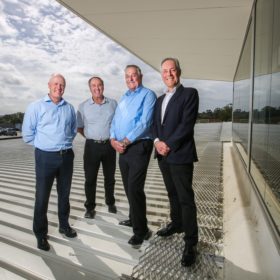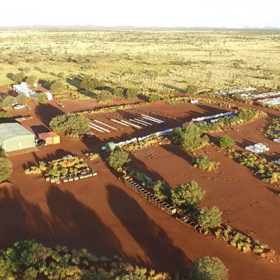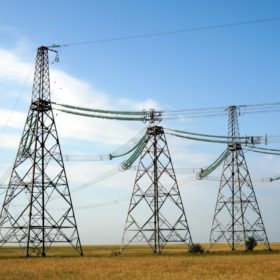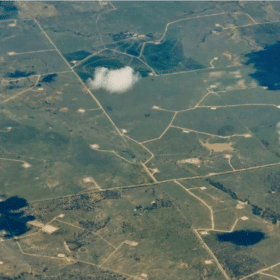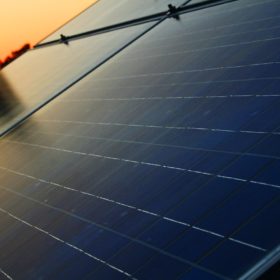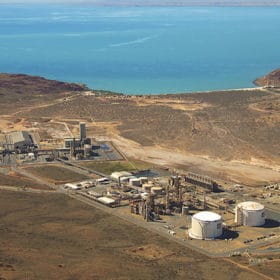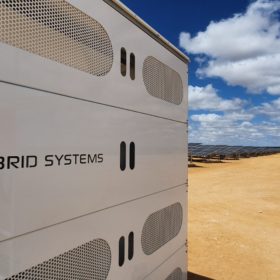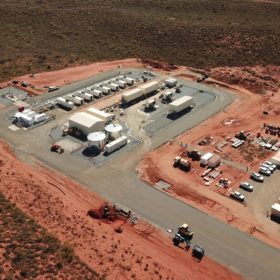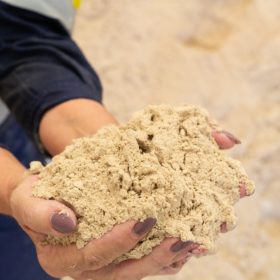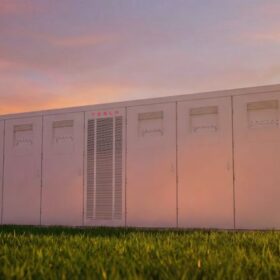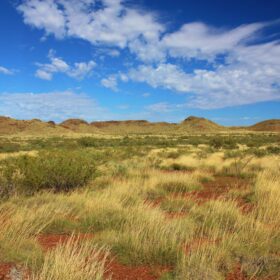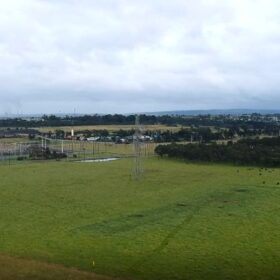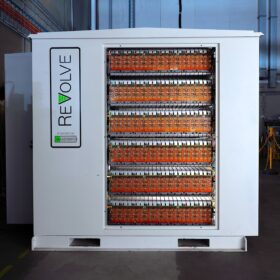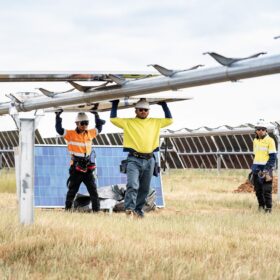Australia’s largest privately owned shopping centre signs solar deal
Another Australian shopping centre has joined the rush to renewables with the Narellan Town Centre in western Sydney set to undergo a $40 million solar transformation after signing a 30-year energy partnership with CEP.Energy.
Oz Minerals’ West Musgrave Project set to become ‘one of the largest fully off-grid renewable powered mines in the world.’
Oz Minerals has long said that it was looking at a hybrid fossil fuel-solar-wind solution to power its massive West Musgrave Project. This week the miner has announced that it is now developing a roadmap to power the project with 100% renewables with the addition of a battery in what the company says could be one of the world’s largest fully off-grid renewably powered mines.
The future of power electronics is distributed, aggregated and service oriented
IHS Markit released a white paper in which the analyst outfit shared some predictions for the power electronics market. First and foremost, inverters will become smarter, and after some power outages in key markets, these devices are gearing up to take on more grid stabilising tasks, which hitherto had been reserved for synchronous generators.
CEFC and Aware Super commit to emissions conscious private-equity fund
The Clean Energy Finance Corporation and Aware Super, one of Australia’s largest superannuation funds, have both committed $80 million to Adamantem Capital, a private-equity fund which requires its target companies to meet strict emissions reduction targets. For the CEFC, this is the beginning of decarbonisation in a part of the economy lagging behind, namely, private equity.
Passing gas … on the road to renewables
The Climate Council has published a report to put the final nail in the outdated notion of gas as a transition fuel, and to nix the validity of a gas-led recovery.
Tamworth Solar Farm and battery storage approved
The proposed 65 MW Tamworth Solar Farm and integrated battery storage system is a step closer to fruition after the NSW Department of Planning, Industry and the Environment gave the project its tick of approval.
Engie and Yara partner to develop Pilbara Hydrogen Hub
Engie and ammonia producer Yara have published findings from their long-awaited feasibility study into the development of renewable hydrogen and ammonia at Yara’s Pilbara Fertilisers plant. The study has led to development plans for large-scale renewable hydrogen and ammonia development with the first phase, a 10 MW solar farm and electrolyser, already instigated.
Hazardous waste facility now 100% renewably powered in daytime thanks to solar microgrid
A Hybrid Systems Australia solar and battery energy storage microgrid at Tellus’s remote Sandy Ridge hazardous waste clean up facility means that the project runs off 100% renewable power in daylight hours.
Cattle farming WA town recognised for advanced distributed energy resource microgrid
Onslow, a tiny coastal town in the Pilbara region of Western Australia known for its cattle farms and gold mines, has this week been recognised for having one of the world’s most advanced microgrids.
WA Government stepping in to support lithium producers waiting for the boom
The Western Australian Government going to provide a temporary royalty rebate scheme for three lithium producers and their employees are who struggling in the face of low prices. Prices have fallen for the first time since 2014 as spodumene concentrate supply is being oversupplied in advance of the electric vehicle and energy storage boom which hasn’t quite hit yet.
